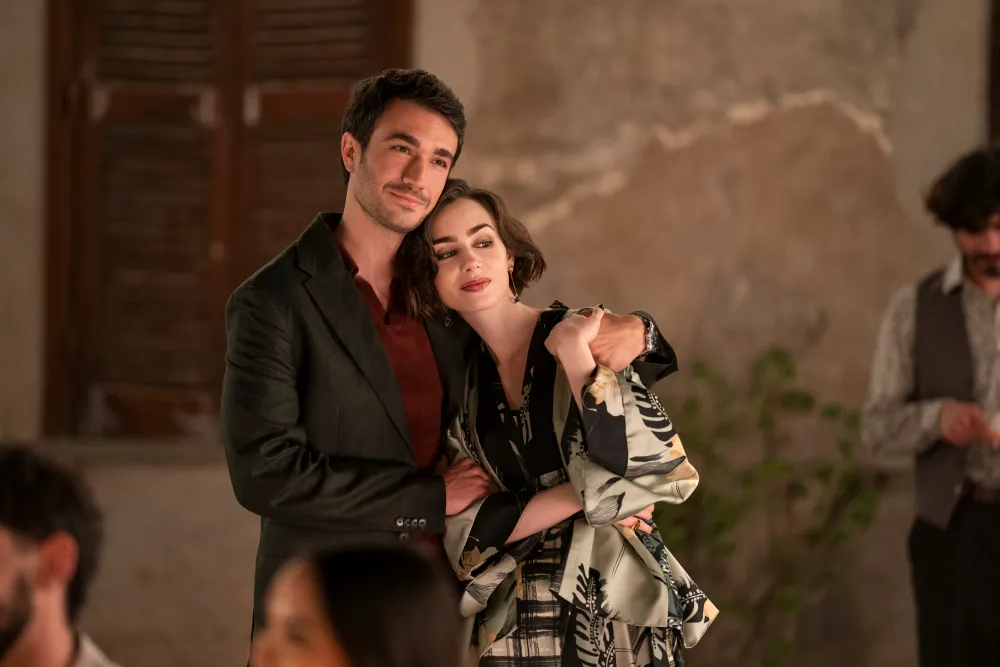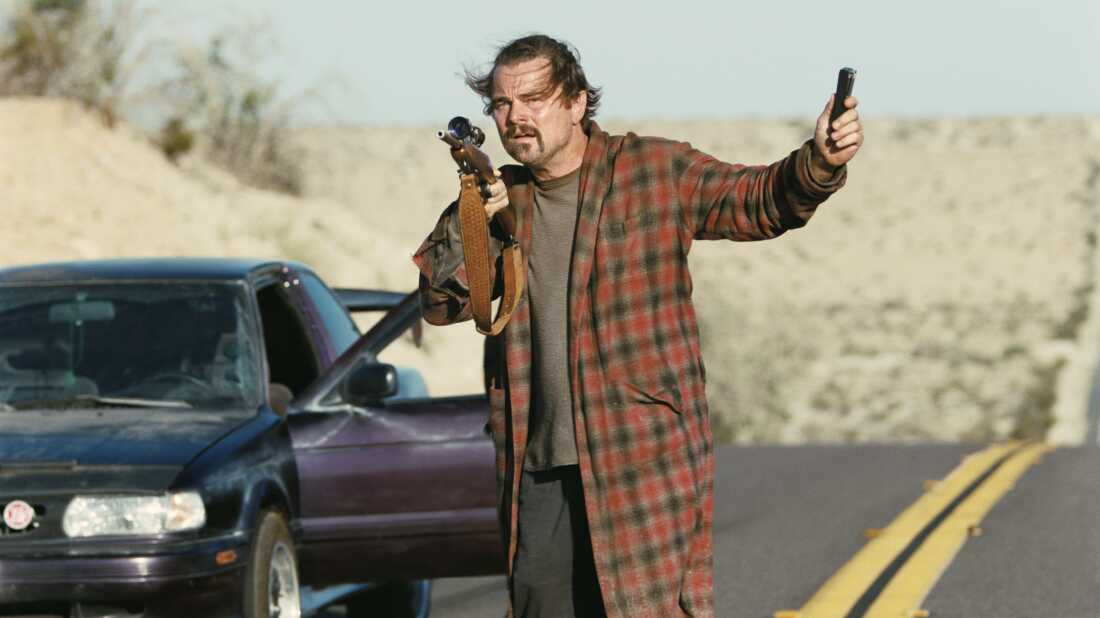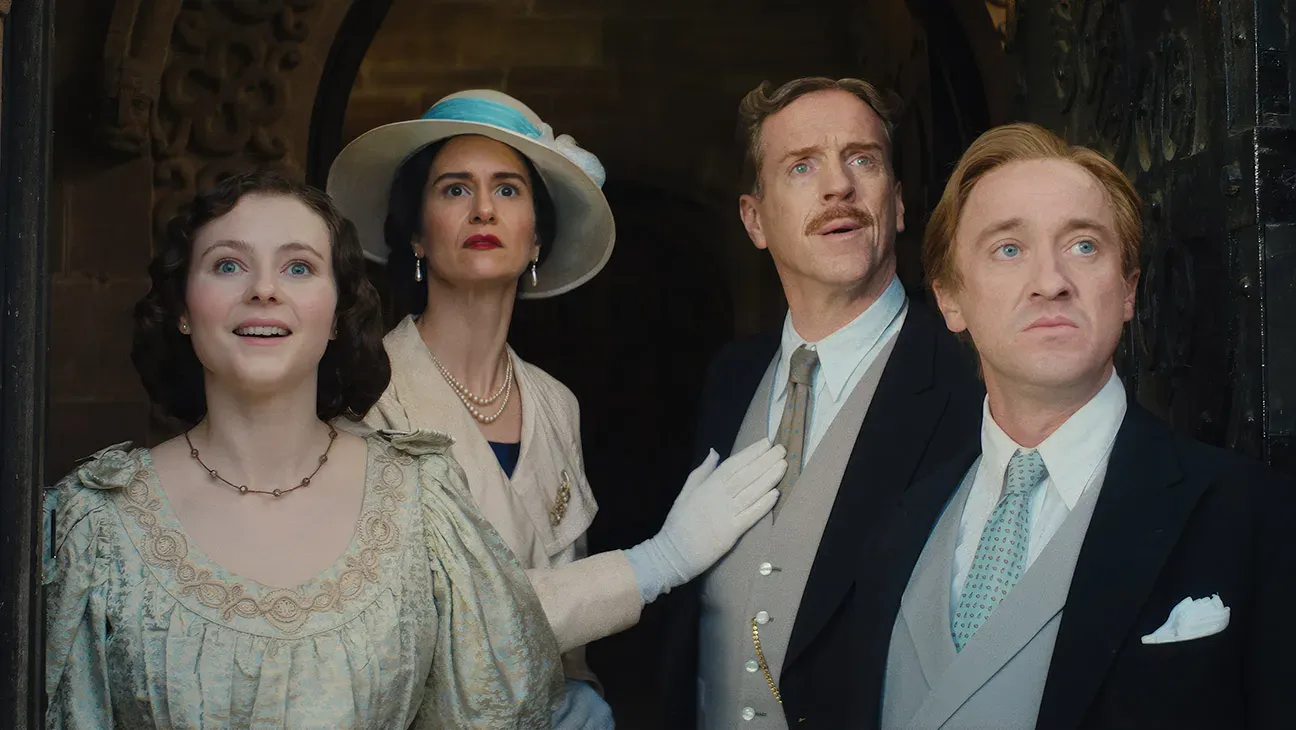
The Most Precious of Cargoes (2024) — Movie Review
- May 31, 2024
'The Most Precious of Cargoes', the latest offering from French filmmaker Michel Hazanavicius, is an animated insight into the Holocaust era. This semi-contemporary fairy tale that's in the running for Cannes' top prize focuses on a lost baby girl who is thrown from a train heading for Auschwitz. Rescued by a childless woodcutter's wife, the movie follows the couple's struggle to protect her.
Hazanavicius, known for his critically acclaimed film 'The Artist', reaffirms his popularity among Cannes organizers with this creation. The film's incorporation of animation allows easy dubbing for global audiences, boosting its commercial reach. However, despite its viability, 'The Most Precious of Cargoes' has raised questions concerning its interpretive portrayal of the Holocaust.
Critics argue that the film’s aesthetic appeal falls short due to its sentimental score and attempted mimic of a fairytale undertone. The film’s attempt to maintain a light-hearted approach while tackling heavy subject matter lends itself to criticism, with some arguing that it borders on exploiting the horrors of the Holocaust. Yet, the imagery and animation are hailed for their striking nature, specifically the depiction of the landscape’s grim beauty in a watercolor style.

Despite these criticisms, the film could find longevity as an educational tool in schools. The movie's use of animation to present such a devastating historical event allows the audience to grapple with the horrors of the Holocaust in an easily digestible form.
As for Hazanavicius, his personal connection to the story and previous explorations into genocide, like his writings on Passé sous silence and The Search, add a layer of depth and sincerity to this personal and historic narrative.
With Hazanavicius avoiding questions around the film's relevance to contemporary events such as the Gaza war, it remains to be seen how societal interpretations and reactions will shape the perception of 'The Most Precious of Cargoes'. This suggests a broader question - about how art reflecting historical atrocities such as the Holocaust can be dissociated from ongoing global crises.







